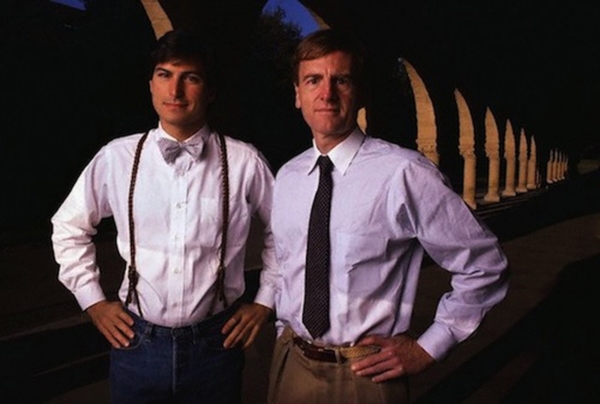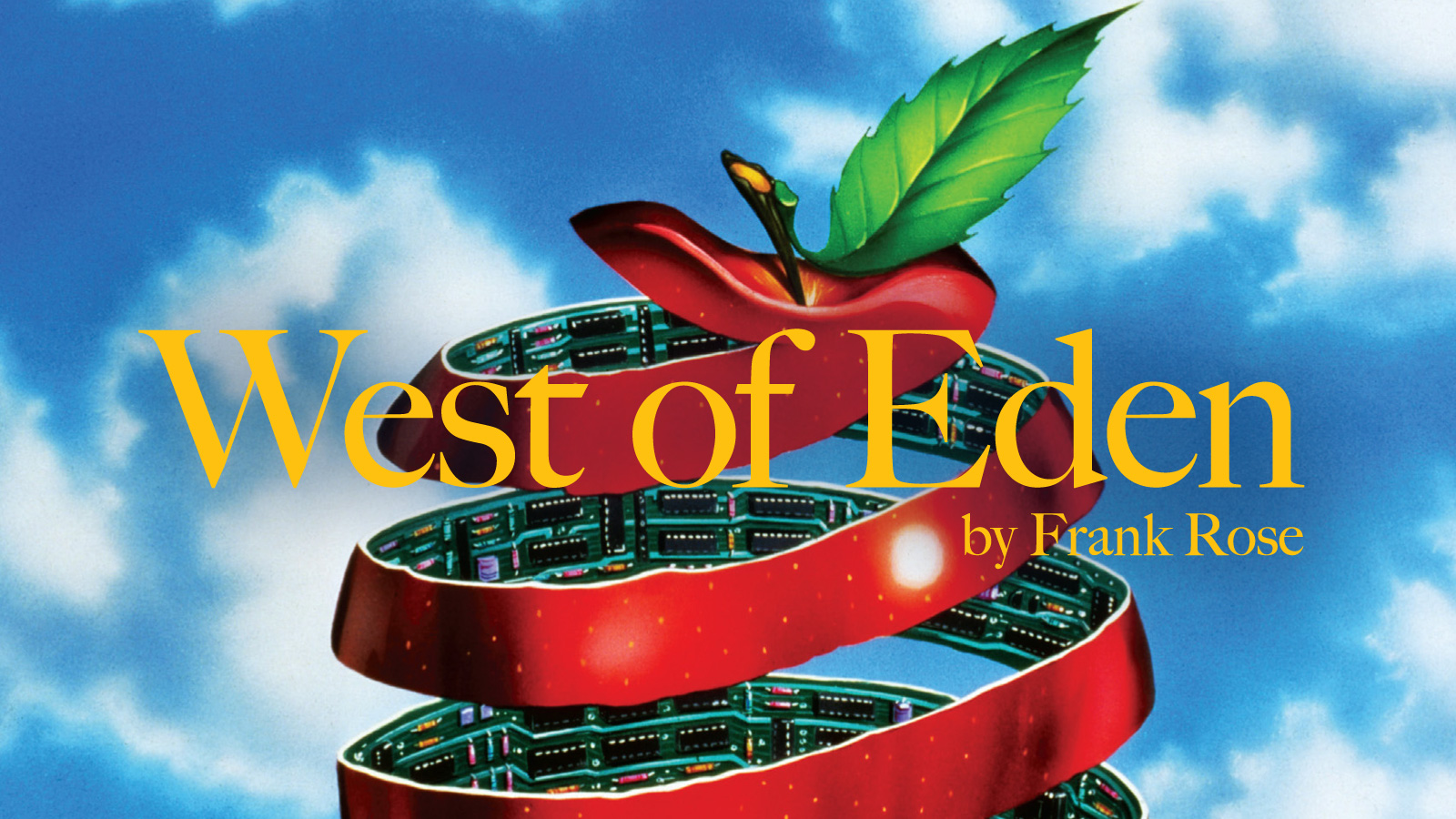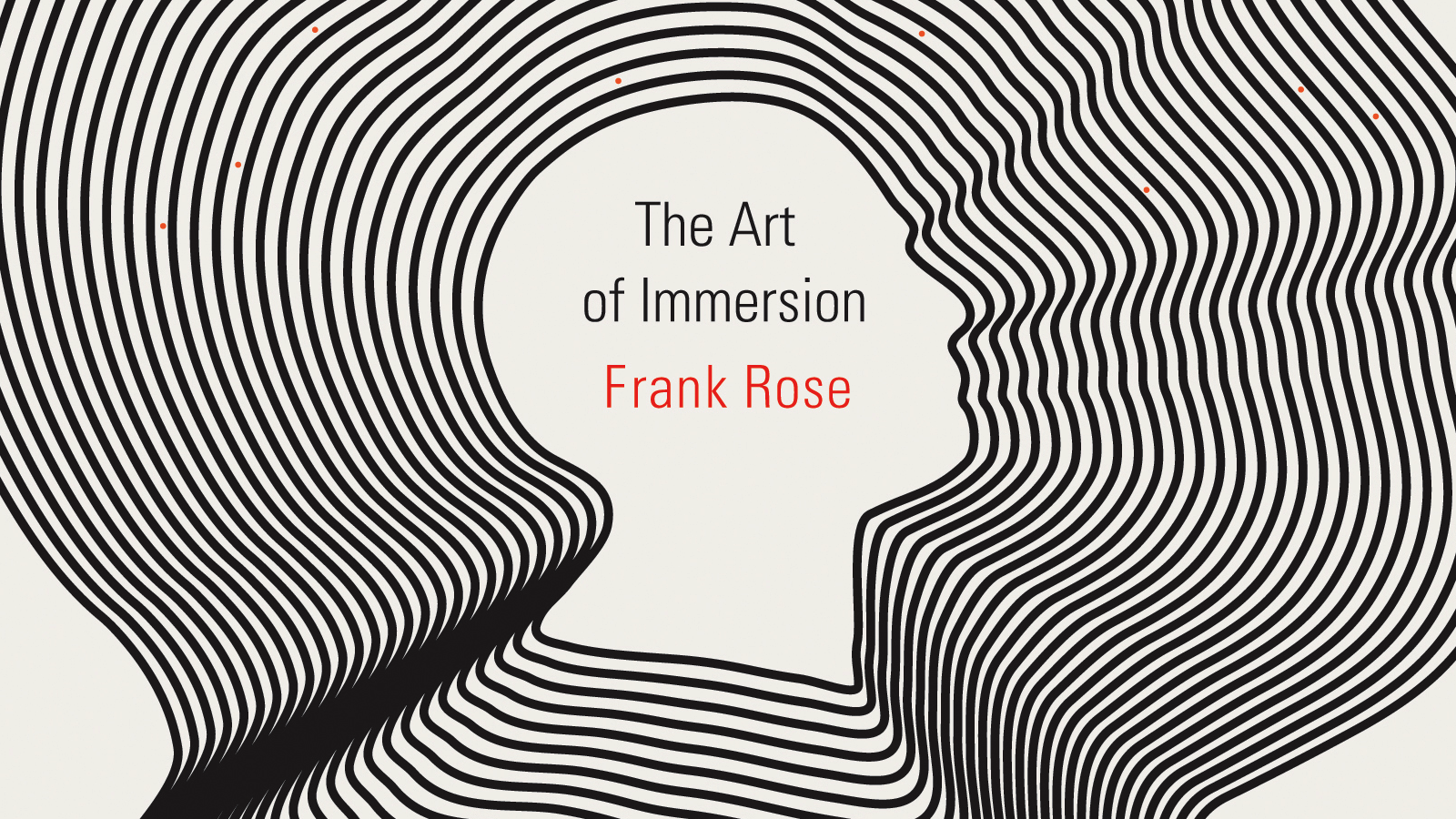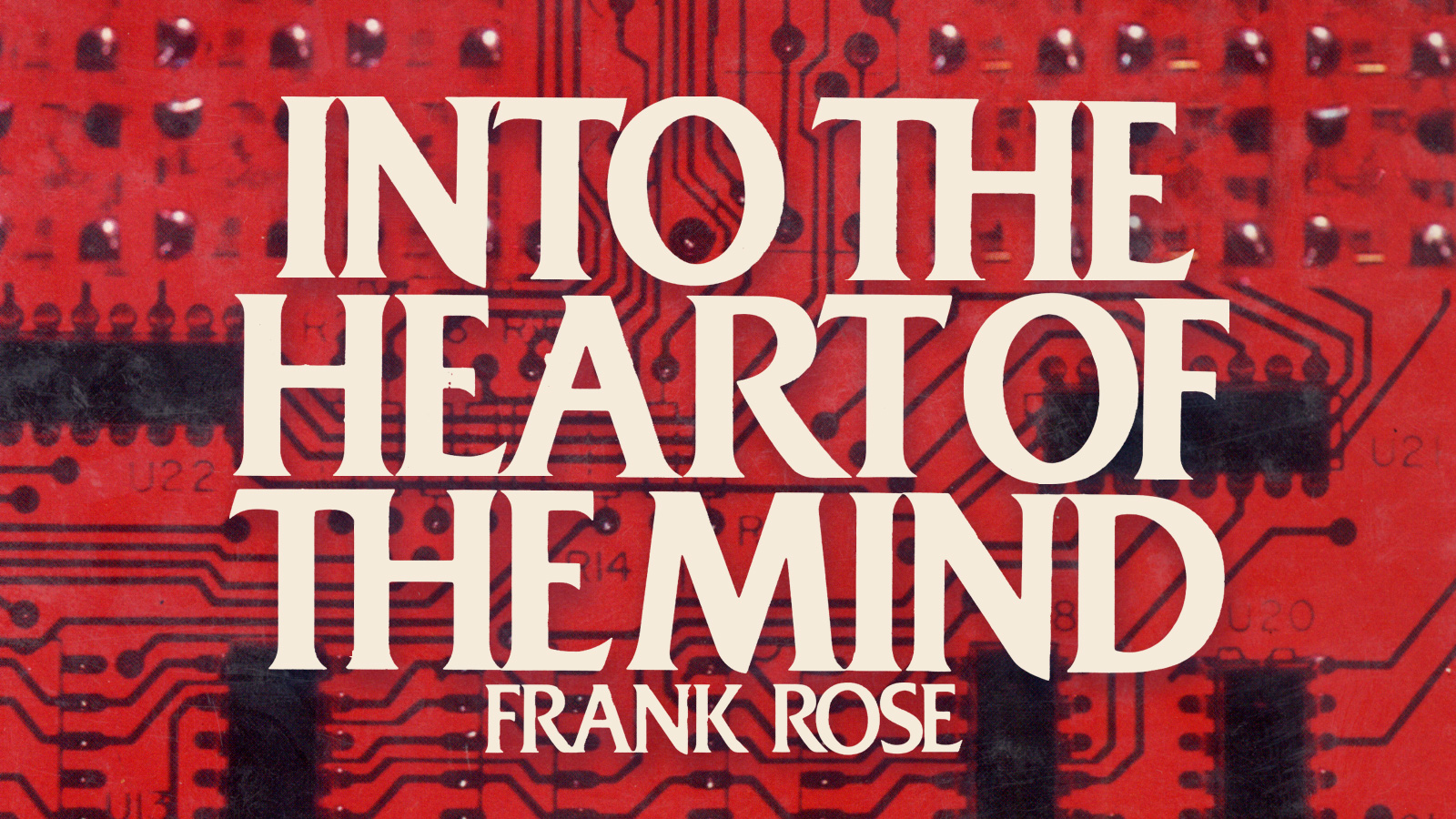West of Eden
The End of Innocence at Apple Computer
"The saga of Apple in its early years is a case study of the California style of creativity smashing headlong into the realities of Wall Street. Once again, Californians came up with a revolutionary idea which the Northeast seized control of and institutionalized. . . . Frank Rose has written the book on Apple and the entire Silicon Valley phenomenon."
— Kevin Starr, author of the eight-volume "Americans and the California Dream" series"Zesty, highly readable . . . 'West of Eden' delivers a bracing keyhole view of a swarm of rich, talented people frequently at each others’ throats. The author . . . has a sharp eye for the painful contradictions in people's lives that make you glad he's profiling somebody else."
— San Francisco Chronicle"Readers don’t need to worry that Mr. Rose was chewed up by Apple’s public relations machine. . . . He provides convincing proof that life at young California companies was anything but laid back."
— Michael Moritz, The Wall Street Journal"A textured, multi-dimensional work which might be described as a history, saga, philosophical tract, or analysis of the workings of capitalism. . . This book can be enjoyed on a number of levels, and each will be rewarding. It’s exciting reading."
— Robert Sobel, Barron's"Rose’s tone is authoritative and wry. . . . His smooth and lively story captures better than any previous attempt the spirit of Apple under Jobs. . . . Of them all, 'West of Eden' seems most likely to endure as the definitive account of the convulsive period that saw Apple grow up."
— Businessweek"A vivid, intriguing portrait of an extraordinary community. . . . The Steven Jobs that 'West of Eden' describes would be a magnificent fictional character, an apprentice sorcerer with powers beyond his ken. . . . This is a gem."
— Chicago TribuneIT SEEMS UNTHINKABLE TODAY — but forty years ago, when personal computers were still new and the World Wide Web had yet to be invented, Steve Jobs was cast out of Apple.

Steve Jobs and John Sculley at Stanford
The year was 1985. Shunted off to a side project by the board, Jobs had led the development of the revolutionary Macintosh. But the Mac, launched with much fanfare just a year earlier, was foundering, a victim of marketing mayhem, Jobs’s own hubris and too little software. IBM and Microsoft seemed poised to dominate the world of personal computing. And Jobs seemed not just expendable but a threat to the company he’d built. Apple, started in a garage by two California whiz kids who’d taken as their emblem the “perfect fruit,” would now be run by a pin-striped East Coast marketing executive who styled himself a computer visionary. Wall Street applauded — and so did most of Silicon Valley.
WEST OF EDEN — first published in 1989, updated 20 years later with a new introduction — tells how Jobs lured John Sculley from Pepsi-Cola to lead Apple into the future, only to find himself pushed into exile by the man he’d thought would be his mentor. Based on extensive interviews with Jobs, Sculley, Apple’s vice presidents, the original Macintosh team, and many others, it is a story of America in the ’80s — when computers seemed strange and threatening, when conformity ruled in the corporate suites, when a desire to change the world was automatically suspect. It is the story of how a visionary fell. ■
Named one of the ten best business books of the year by Businessweek ● National best-seller ● Profile of John Sculley adapted from the book for California magazine ● New York Times Magazine profile of Alan Kay, the computer scientist whose work at Xerox PARC inspired the Macintosh
How the Digital Generation Is Changing Hollywood, Madison Avenue, and the Way We Tell Stories
"Like Marshall McLuhan’s groundbreaking 1964 book, 'Understanding Media,' this engrossing study of how new media is reshaping the entertainment, advertising, and communication industries is an essential read."
— Library JournalNOT LONG AGO WE WERE passive consumers of mass media. Now we approach television, movies, even advertising as invitations to participate. We are witnessing the emergence of a new form of narrative that is native to the Internet. More about this book...
An American Quest For Artificial Intelligence
"Lucid and authoritative . . . it demystifies a disturbing subject. . . . No one knows how the cognitive areas [of the brain] work: how vision is interpreted, memory is stored, or thought is processed. No one even knows what thought is. Consequently, computer simulations of the brain are attempts to imitate the unknown."
— The Washington PostIN A CRAMPED LABORATORY in the Berkeley engineering school, scientists are trying to teach a computer to think—not just to shuffle data but to learn, reason, remember, understand English, and exhibit common sense. But first they have to get it to put on a raincoat before going out in the rain. More about this book...









